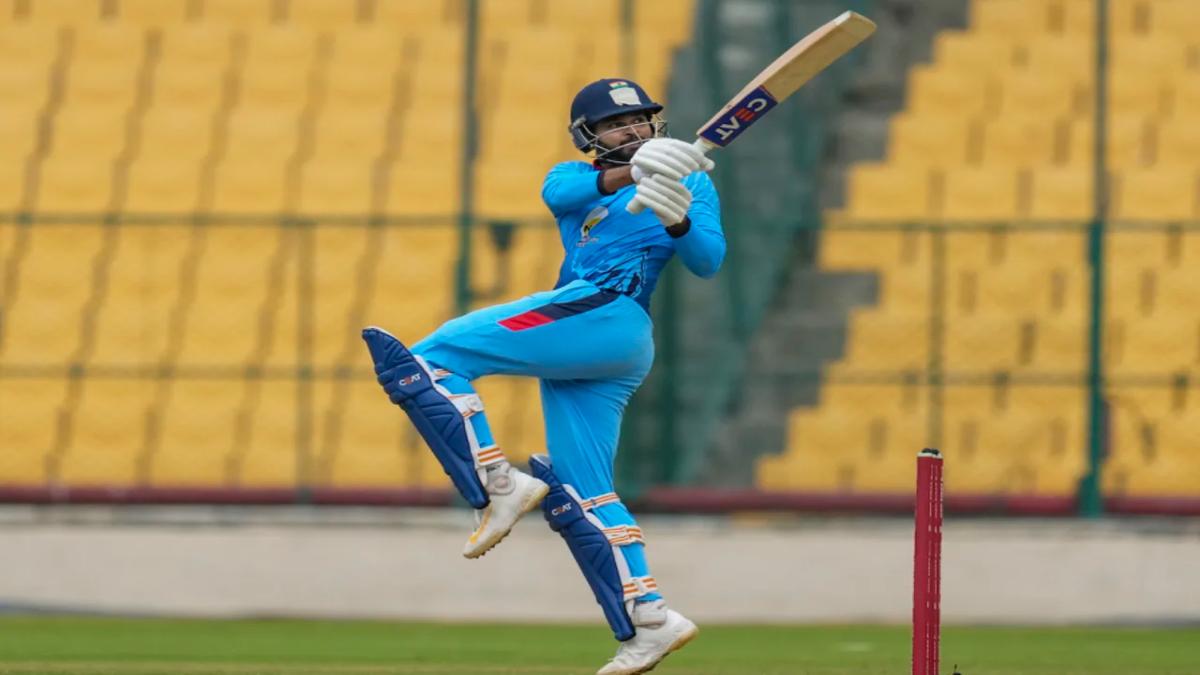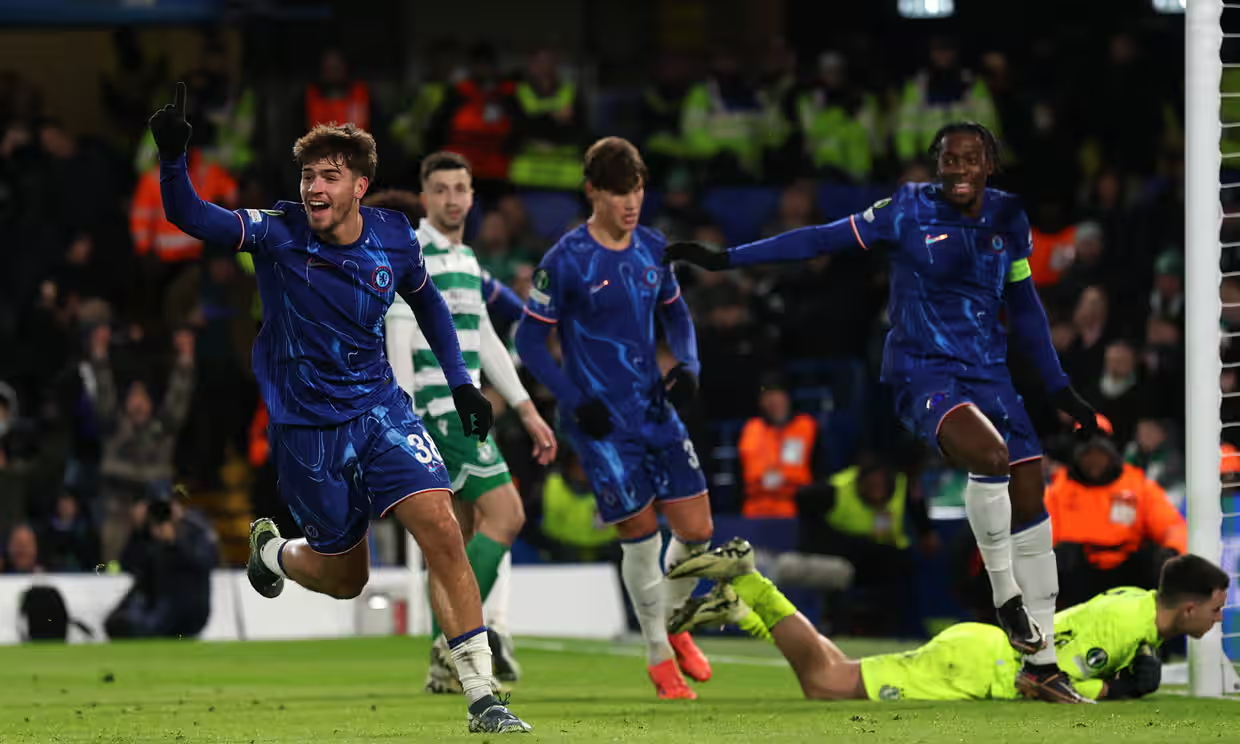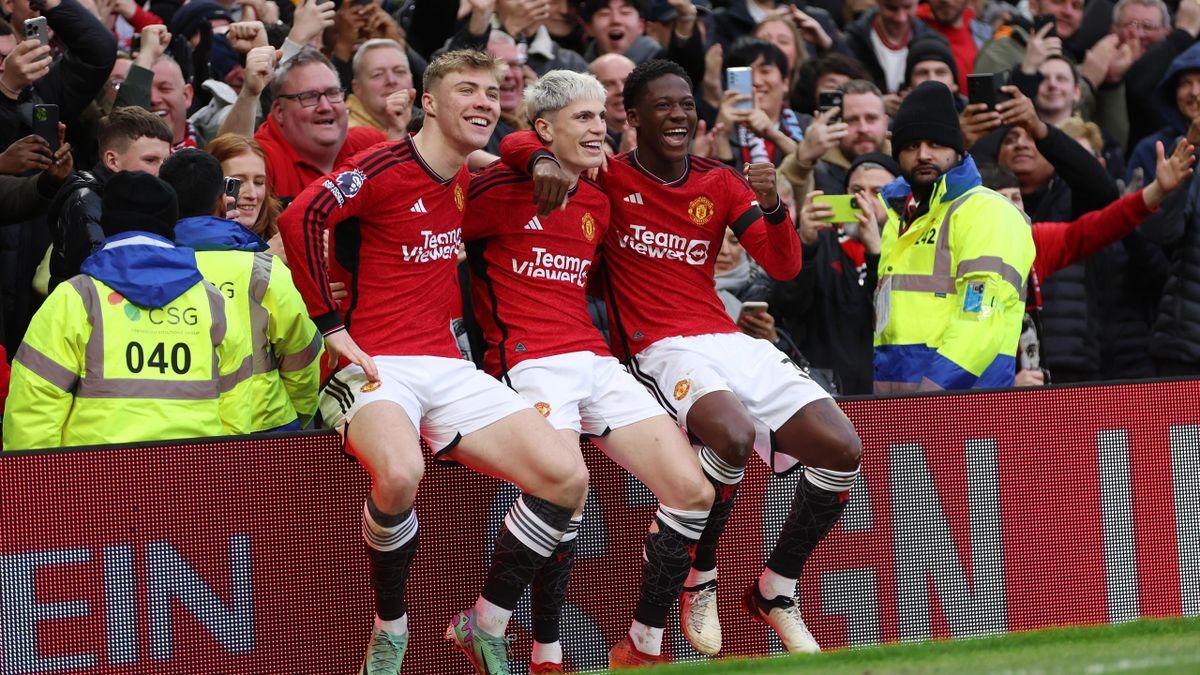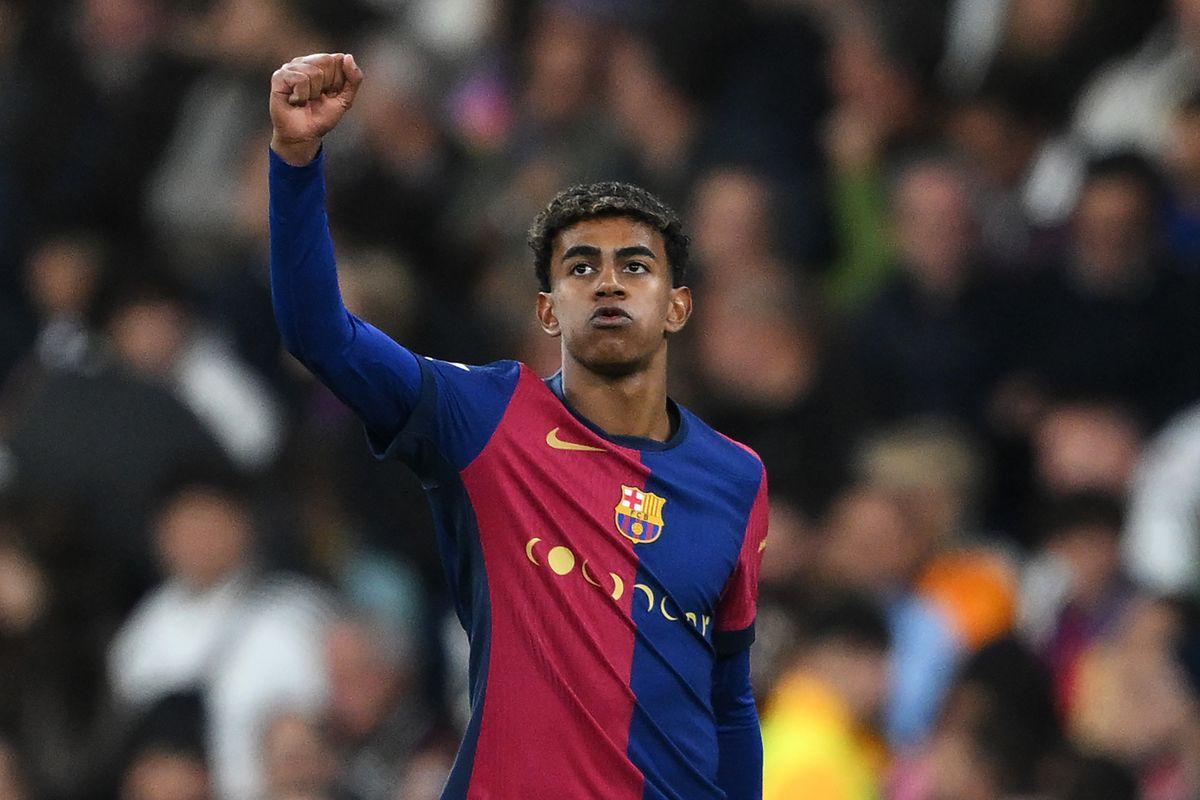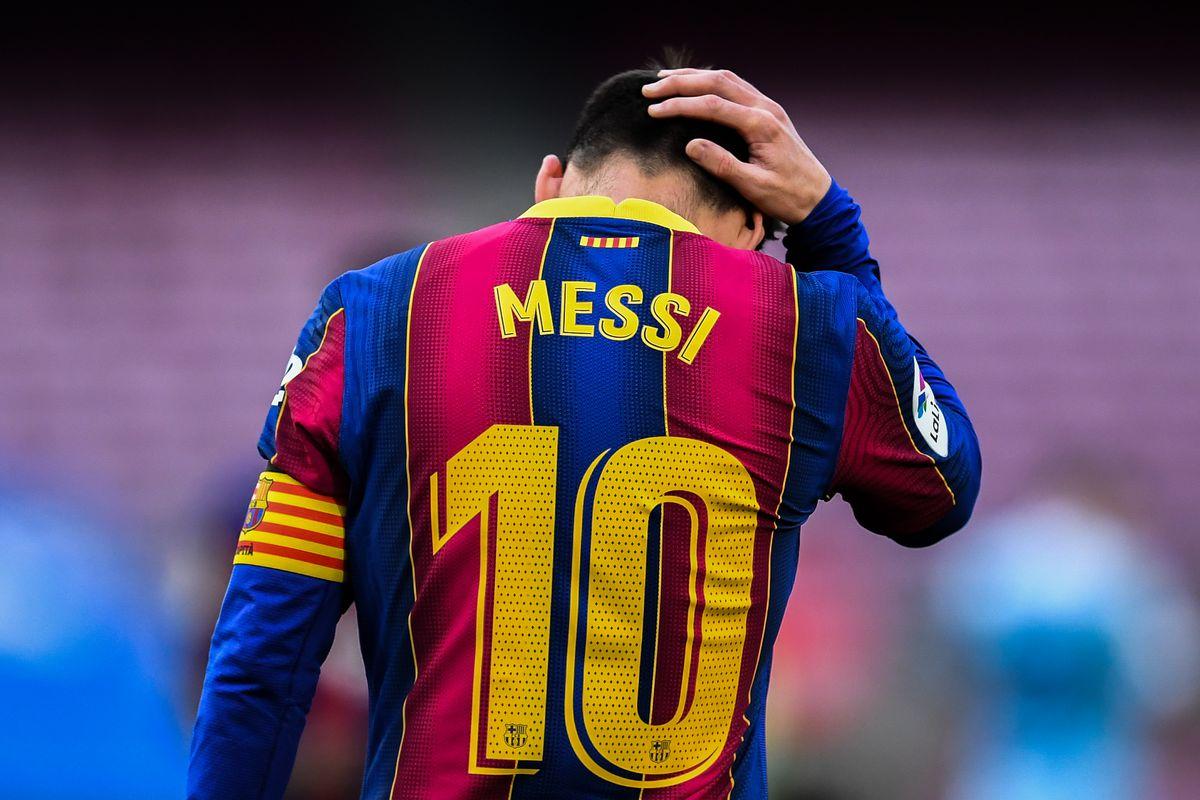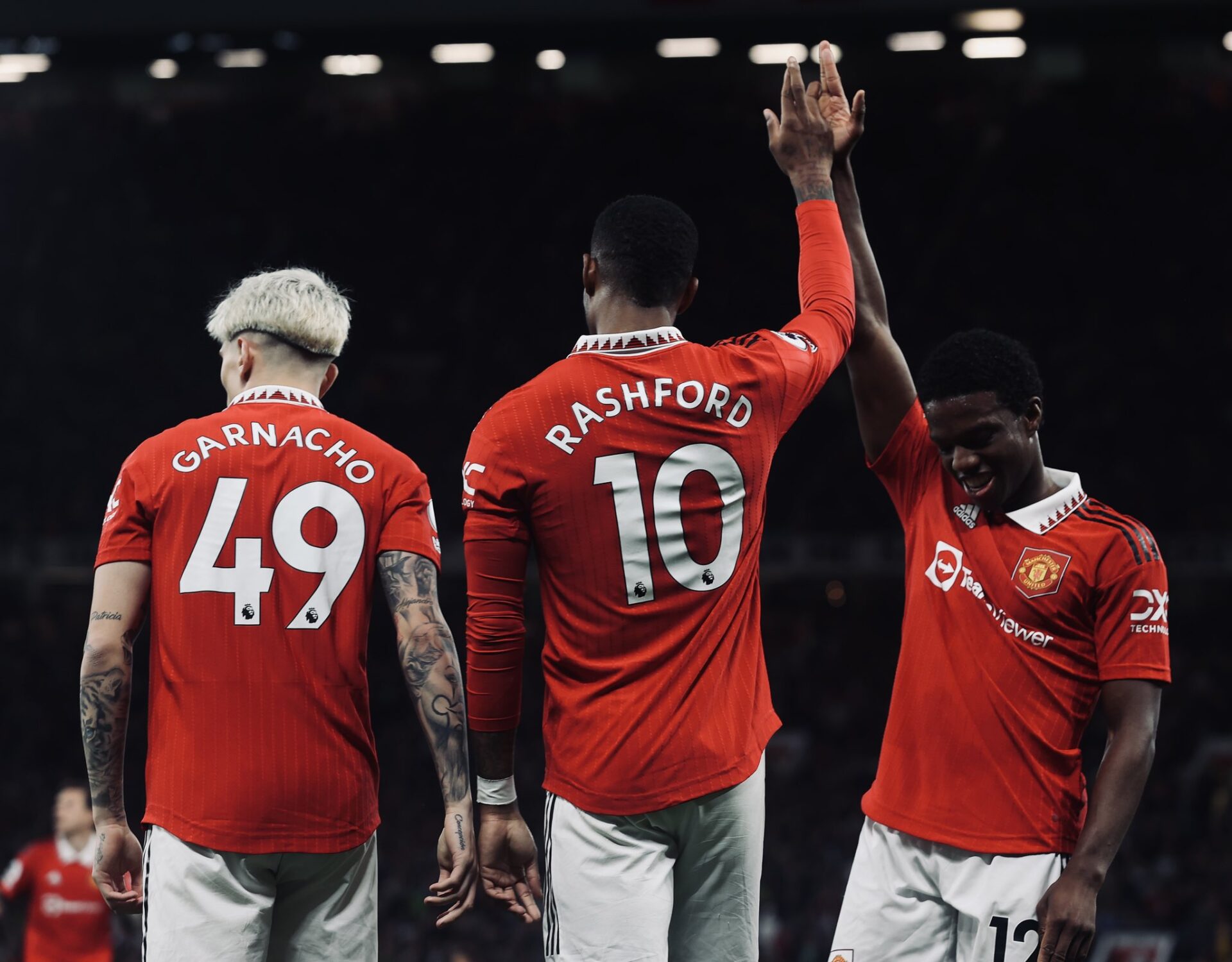(Football news) Ole Gunnar Solskjaer’s legendary status at Manchester United is indisputable, he is a reminder to many fans about the “glory years” under Sir Alex Ferguson. After all, the Norwegian stuck his leg out in the 1999 Champions League final against Bayern Munich which led the club to a historic treble achievement that has never been replicated since. He is adored at Old Trafford and rightfully so, Solskjaer is a likeable individual with a soft demeanour. Fondly referred to as a ‘baby faced assassin’, it was his ability to come from the bench and score important goals that has cemented his position amongst the Manchester United greats.
However, there is a distinction between Ole Gunnar Solskjaer the player and the manager. As it happens so often, a successful playing career may not translate into a successful managerial career. There are exceptions, with Zidane being a notable example in recent history, but the qualities required for a successful managerial career does not necessarily depend on how many trophies an individual won as a player. While Solskjaer does have many qualities that appeal to the ‘modern day footballer’ such as his excellent man management and soft skills, there are plenty of areas that still leave a lot to be desired.
When Solskjaer took over as interim manager from Jose Mourinho for the rest of the 2018-2019 season, it was an instant change in the club’s fortunes. Solskjaer’s first match was against his former club Cardiff City and Manchester United scored 5 past them for the first time since Sir Alex Ferguson’s last game in charge against West Bromwich Albion in 2013. The Norwegian won his next four league games, becoming the only Man United manager since Sir Matt Busby in 1946 to win his first five games in charge. He was named Premier League’s Manager Of The Month in January 2019, having won 10 points off a possible 12. It looked like Manchester United were truly back and everything was rosy again. The dramatic victory against Paris Saint-Germain, sending Manchester United to the quarter-finals all but sealed his appointment as a permanent manager at Old Trafford. So, what went wrong?
It seems like when any difficult relationship ends, there is a ‘rebound phase’ when all the shackles are finally released. In Solskjaer’s interim period, the players were allowed to express themselves in a manner they probably couldn’t under Mourinho. It was a breath of fresh air, a change in culture and identity of the team and it reflected on the pitch. However, the team resorted to their old patterns of inconsistency and many of the same issues that plagued Jose Mourinho’s reign resurfaced soon after Solskjaer’s permanent appointment. In both the 2018-19 and 2019-20 seasons, Manchester United finished on 66 points, finishing sixth in Solskjaer’s first season and third in his second. They reached the semi-finals of the EFL Cup, FA Cup and the Europa League, but failed to win any silverware, a trend that continues to this day.
A problem that has plagued Manchester United since Sir Alex Ferguson is an inconsistent transfer policy. Too many players have been signed that either did not fulfill the quality expected at the club or could not perform to their potential. Without a sporting director, Man United has been a ship without a captain to guide which direction it should move towards. Since Solskjaer’s appointment, there has been a notable improvement in transfers. The likes of Bruno Fernandes, Aaron Wan Bissaka, Harry Maguire, Edinson Cavani, Raphael Varane, Cristiano Ronaldo, Jadon Sancho are quality signings that have the talent, hunger and mentality to fulfill Manchester United’s title ambitions.
The issue now lies with Solskjaer. In a squad full of superstars that should be challenging for the biggest honours such as the Premier League and Champions League, does the manager have the experience, in game management skills, leadership qualities and the ability to get the best out of his players in arguably the toughest league on the planet? The answer, based on the evidence we have seen so far, is no. Manchester United have had the problem of not performing when it matters, there have been far too many semi-finals and the Europa League final that has been squandered against lesser opponents. While the blame lies on the players as well, one cannot help but think that the same crop of players would do much better under a world class manager with a better CV.
Solskjaer’s managerial deficiencies have been covered by the individual brilliance of the players in his squad. The style of play is too slow with an over reliance on counter attacking football. The team still struggles to defeat opponents that employ a low-block and there rarely seems to be a plan B with Solskjaer if things go wrong. For a player that made his career by coming off the bench, Solskjaer’s in game management is poor, as all too often there is a reluctance to bring on the required personnel from the bench when it really matters. It has been three years and 450 million pounds spent on transfers from the time he was appointed manager and time is running out for Ole Gunnar Solskjaer to win trophies at Manchester United. There has been a lot of talk at the club about all the “progress” he has made and to “trust the process” and while few can argue that the current team looks far better than the one he inherited, the time has now come to see an end result by winning trophies.
Also read: Real Madrid travel to Mestalla while Barcelona and Atletico Madrid play tricky home fixtures



